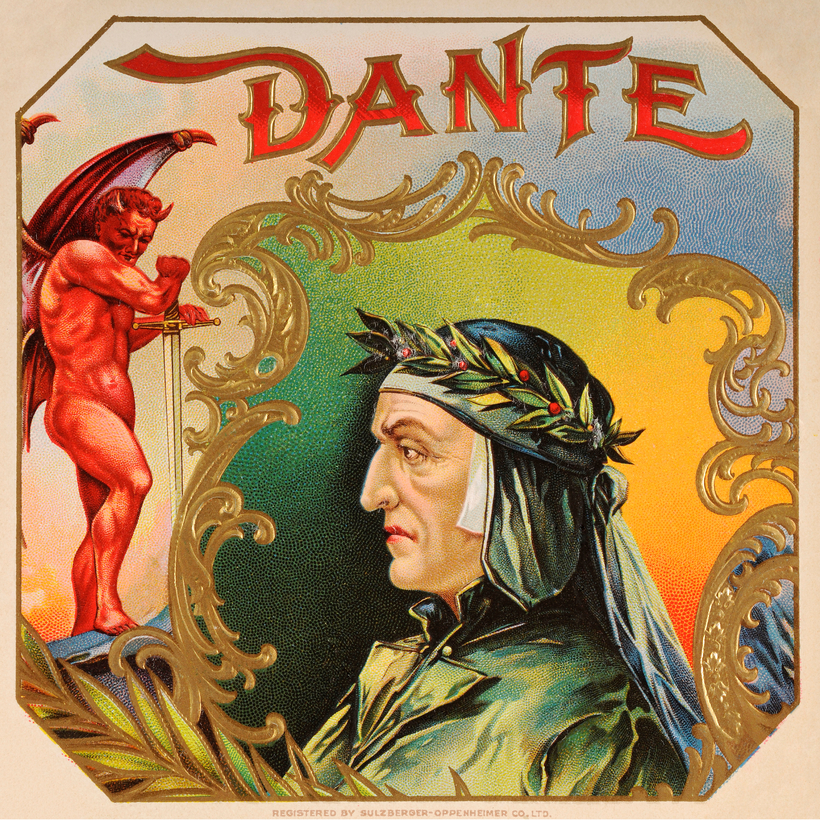translated by Allan Cameron
William Gladstone is not known for his jokes, but he was a learned amateur Dante scholar, and his essay arguing the case for Dante having studied at Oxford University still repays re-reading. Of course, he did not mean it to be taken seriously, but it was written from the viewpoint of a man who had read everything there was to read around the subject. He argued that Dante never normally mentions rivers in The Divine Comedy unless he has seen them, and that the allusions to the Thames in the great poem must lead us to suppose that he once visited the Home of Lost Causes.
The point behind the Gladstonian joke is that Dante (1265–1321) tantalizes biographers. So much of his work is about himself, so many of the references in The Divine Comedy and his other works can be verified, or checked, by reference to contemporary sources. Did he, for example, after his exile from Florence, go to Paris to study philosophy and theology as the 14th-century biographer Boccaccio attests? (It was Boccaccio who applied the epithet Divine to the work known to Dante simply as his Comedy — Comedy, not because it was intended as a medieval equivalent of PG Wodehouse, but because it is the reverse of tragic, it ends with a journey to Paradise and a vision of the ineffable.)

